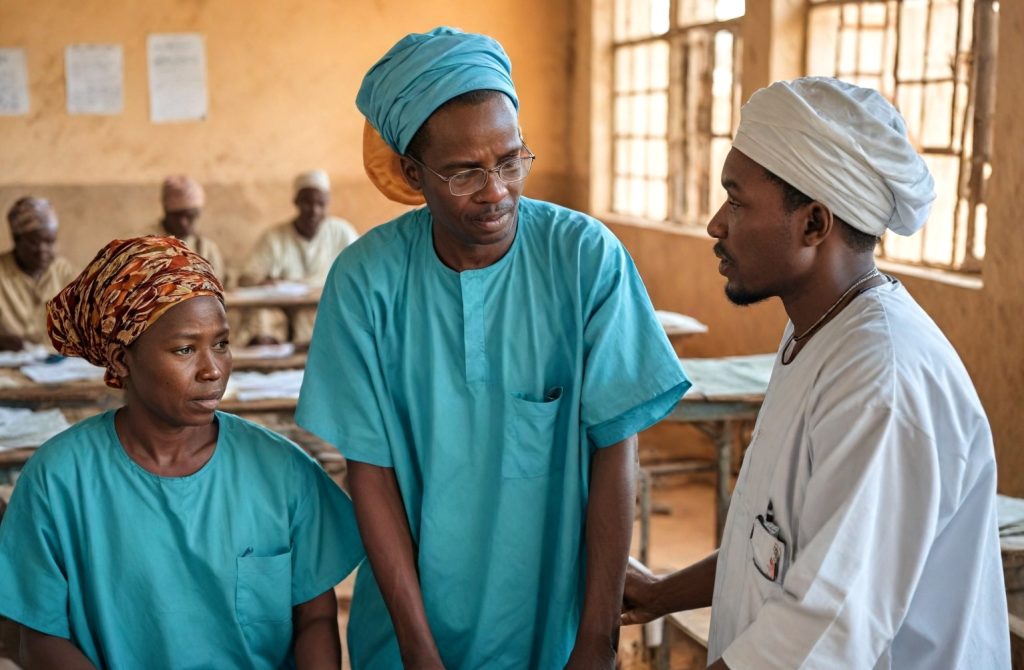The United Nations Office for Project Services (UNOPS) is partnering with the Nigerien government to boost the country’s ability to respond to infectious diseases and health emergencies. With financial support of over $37 million from the World Bank, the project aims to improve healthcare services by delivering essential medical supplies and equipment, training personnel, and ensuring safer waste management practices.
Delivering Essential Health Equipment and Supplies
UNOPS is working to provide critical items to improve healthcare infrastructure in Niger. This includes refrigerated vehicles for transporting vaccines, cold chain equipment to store vaccines safely, and incinerators to dispose of biomedical waste. These measures are crucial to maintaining the quality of health services, especially during disease outbreaks. Additionally, healthcare workers will be trained on how to use and maintain the new equipment, ensuring it remains functional over time.
According to Dr. Garba Hakimi, Niger’s Minister of Public Health, the healthcare system faces several challenges, such as weak collaboration across sectors, limited disease surveillance, and gaps in access to essential health services. He highlighted that only 55% of the population currently has access to adequate healthcare, making this project an important step toward expanding health coverage.
Providing Mobile Laboratories and Strengthening Surveillance
As part of the project, six mobile laboratories and three mobile veterinary laboratories are being delivered to support both human and animal disease surveillance. These labs will allow for quick testing and monitoring of diseases in remote areas, helping health workers respond faster to outbreaks. The mobile veterinary units will also support the Ministry of Hydraulics and the Environment by improving disease control among livestock, which is essential for Niger’s agricultural economy.
Improving Access to Healthcare Across Regions
The first batch of equipment has already arrived in Niger and will be distributed to various parts of the country. Key locations such as Agadez, Diffa, Maradi, Zinder, Tahoua, Dosso, Gouré, and Tillabéri will receive health equipment to strengthen services in rural and remote areas. This distribution strategy ensures that even isolated communities benefit from improved healthcare infrastructure.
Jakob Tuborgh, the Acting Director of UNOPS’ Multi-Country Office in Senegal, noted that the project was designed in collaboration with Nigerien authorities to ensure the provided equipment fits the country’s specific needs. The cold chain system, in particular, will support vaccination programs, ensuring that vaccines remain effective even in areas with limited infrastructure.
Promoting Safe Management of Medical Waste
Another key focus of the project is the safe disposal of medical waste. Incinerators will be installed at healthcare facilities to ensure that hazardous waste, including used medical supplies, is managed properly. This reduces health risks for both healthcare workers and the surrounding community.
Building a Stronger Health System for the Future
By improving healthcare access, disease surveillance, and waste management, this project is a step forward in Niger’s efforts to strengthen its public health system. With these new resources and training programs, health workers will be better prepared to handle emergencies and provide essential services to communities across the country.
This initiative reflects Niger’s commitment to building a resilient healthcare system that can respond effectively to future health challenges, improving overall public health for its citizens.




















